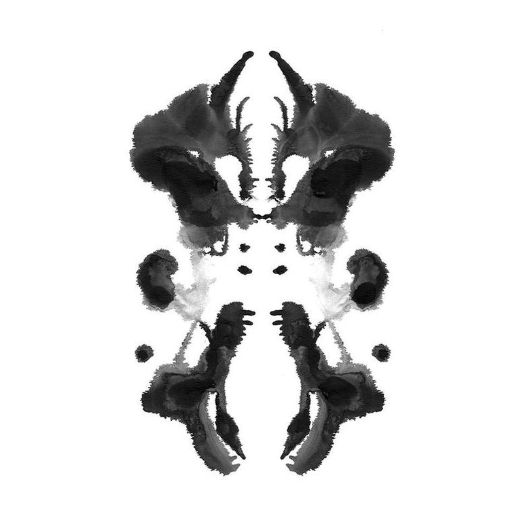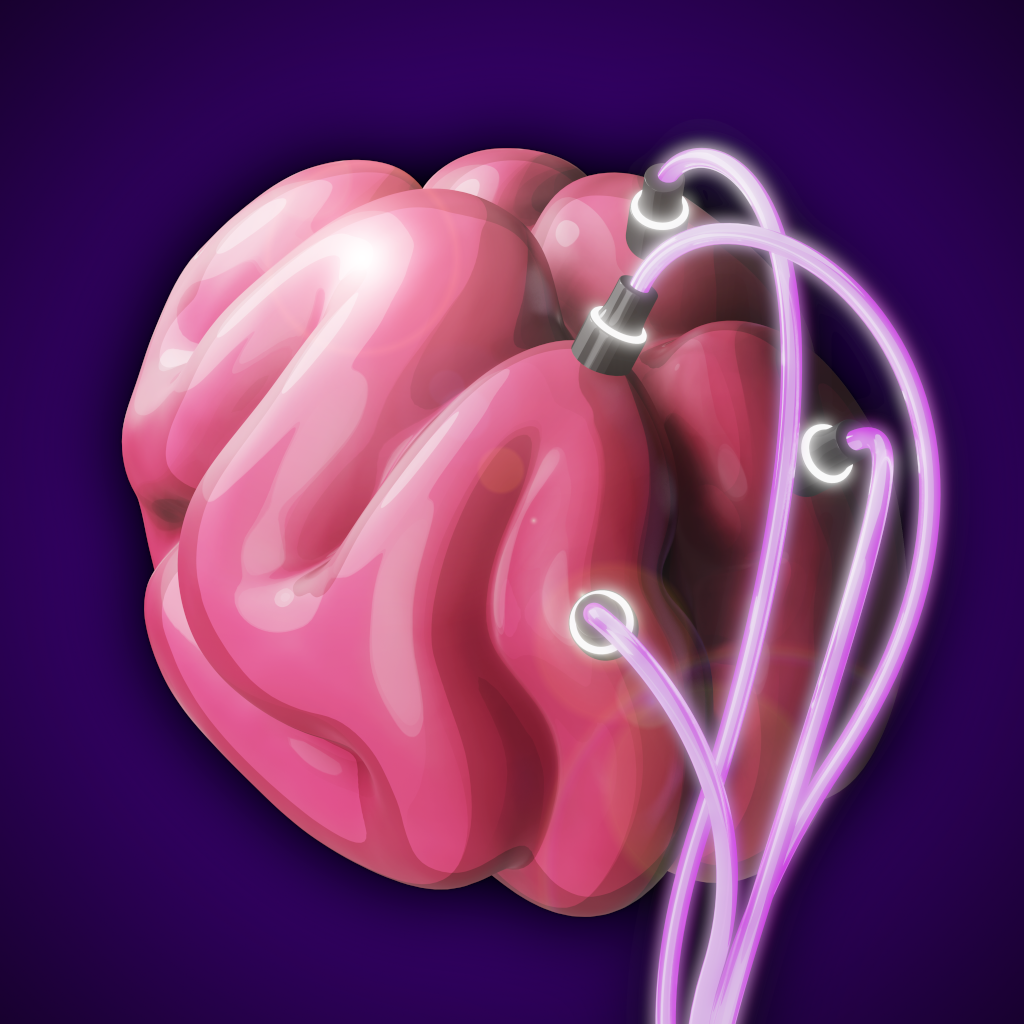A very well written blog. Never knew what us he difference between adwaita and gnome, and this blog made clear exactly that.
That was a good read. I’d not really been sure of the differences between libadawaita and GTK were. It sounds like this frees up GTK to focus on being a cross platform GUI library, perhaps competing more directly with Qt. Meanwhile, libadawaita allows GNOME developers to keep leveraging GTK and tune it to their design guidelines.
I’ve only seen positive things come out of recent GNOME apps, but I wonder if the downside of GTK no longer embedding GNOME’s design language would be apps choosing to use GTK directly instead of libadawaita for better cross platform support. Will we end up with a less cohesive GNOME environment in the future?
I suspect that the list of widely-used but deprecated stuff they’ve decided to remove from GTK, to the great annoyance of so many people, is somewhat longer than is hinted at there.
So I guess the implication here is apps written explicitly for libadwaita will not be usable on generic GTK. So a calculator, for instance, that uses AdwDialog won’t be executable on a platform that doesn’t support libadwaita, like windows.
Will an app dependent on libadwaita be usable on linux without gnome? Like xfce, or xmonad?
apps written explicitly for libadwaita will not be usable on generic GTK.
When an app targets a platform-specific library like Adwaita it explicitly forgoes supporting generic, cross-platform GTK.
Will an app dependent on libadwaita be usable on linux without gnome? Like xfce, or xmonad?
Depends what you mean by “usable”.
Will it run, yes, most likely. But the UI will be full of Gnome-y things that make little sense on other DE’s, among which the theme is just one. Could be other stuff, like accessibility, features etc.
As long as none of the shortcomings are deal-breakers for you I guess you can call it “usable”.
At the end of the day there’s always going to be DE’s that expand their UI features, and apps that take advantage of those. Cosmic, Plasma, Granite etc. are all examples of such platform-specific UI libs. Even in a cross-platform library like GTK or Qt there’s no guarantee that they’re compatible with each other. Bottom line is, when you mix and match apps made for different toolkits there’s always going to be variations.
It was nice for a while having common themes that could target both GTK and Qt and having unified-looking desktops. I guess that era is over. Back to each app having its own incompatible theming and the only common point being that they’re all “light-ish” or “dark-ish”.
Windows supports libadwaita
Will an app dependent on libadwaita that be usable on linux without gnome? Like xfce, or xmonad?
of course it will, that’s not the point, the point is to make apps that use libadwaita look consistent even in platforms outside of GNOME
Ok, I thought the article was saying libadwaita was to add special features and styles for use in gnome specific apps.
It means that on systems with apps installed written with libadwaita, will also have libadwaita installed, rather than just GTK. But those apps will look like GNOME apps, which might look out of place on e.g. a Windows or Xfce desktop.
Cosmic.






